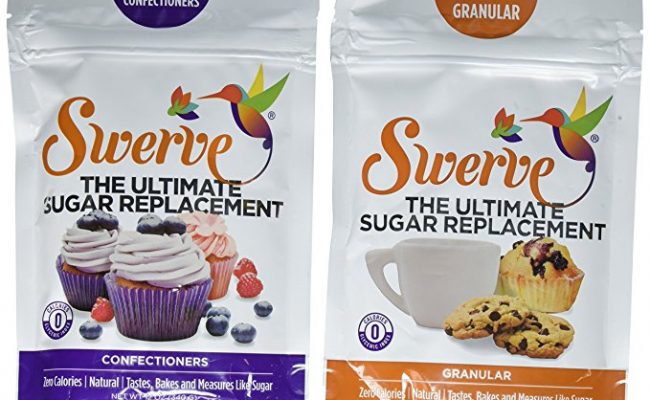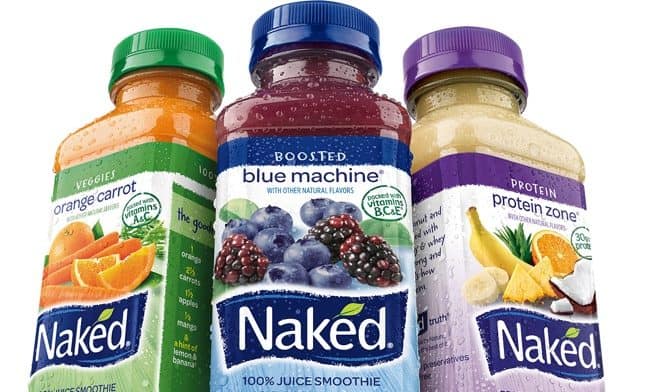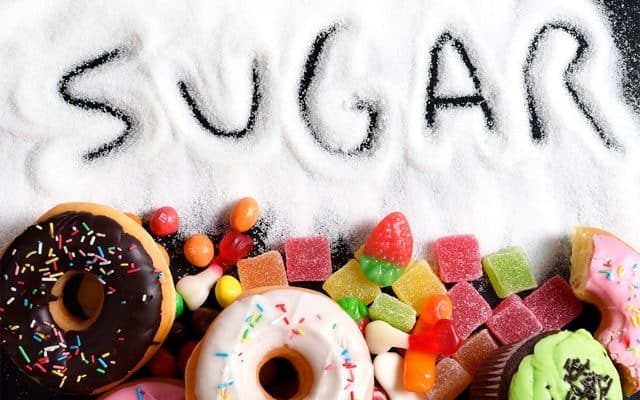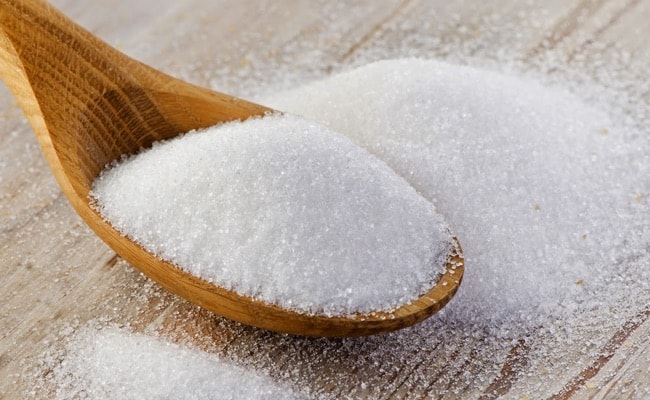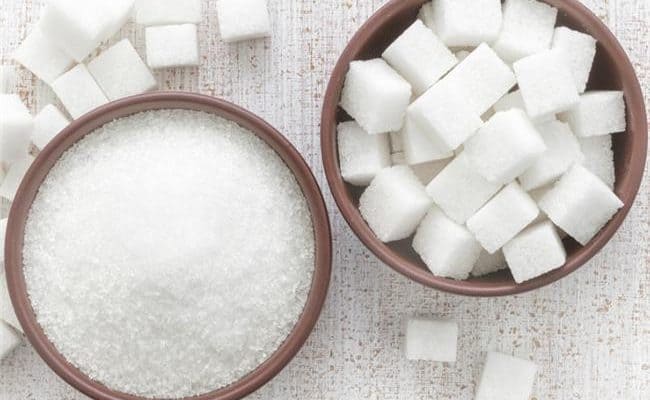
In March 2017, stevia sweetened Coca Cola made a global debute in Greece. This was part of an effort from Coca Cola to offer more low calorie beverage options for consumers. Stevia is considered a lower calorie option for a sweetener, and it is derived from a plant native to South America.
With the global epidemic of obesity and type 2 diabetes, concern is growing for reducing the amount of sugar and excess calories in the diet.
Drinking sugar sweetened beverages is one of the first targets for cutting out of the diet to lower excess sugar intake.
Switching to beverages sweetened with sugar substitutes may seem like a clear choice for lowering calorie and sugar intake.
However, there is some evidence that suggests artificial sweeteners may be addictive and may have adverse influence on heart health, probiotic levels and regulating food intake.
Sweeteners like stevia are much more intensely sweet compared to table sugar which may be a reason these sweeteners may have this affect.
Studies suggest stevia is probably safe for consumption, and most experts suggest stevia is probably one of the healthier sugar substitutes.
However, drinking stevia sweetened beverages should still be done in moderation. More long term studies are needed with stevia intake.
What is stevia?
Stevia rebaudiana is a plant native to Brazil and Paraguay and is related to the daisy and ragweed plant.
Natives to these countries have used the leaves of stevia for centuries to sweeten foods and for other medicinal properties (1).
Today, it is estimated more than 5,000 food products have stevia as an ingredient (2).
Stevia is now grown in many parts of the world including Asia and North America.
Only the steviol glycosides in the leaves are the sweet parts of the plant (3).
According to WedbMD (4), highly purified stevia extracts are considered safe by the FDA.
These purified extracts are most commonly what is found in foods, beverages and available as supplements.
The FDA does not approve the use of whole leaf stevia or crude extracts.
Stevia and blood sugar
The forms of stevia not approved by the FDA have been shown in some studies to interfere with blood sugar control.
Even though purified stevia extract has been approved by the FDA, people taking medication for diabetes should speak with their healthcare team about ingesting stevia.
Some research has suggested stevia may help improve glucose tolerance, but more research is needed.
Stevia in small amounts should not interfere with blood sugar regulation, but high doses may interfere with blood sugar (5).
There is currently inconsistent research evidence for stevia can affect blood sugar with diabetes (6).
If you ingest stevia and wonder if it is affecting your blood sugar levels, you should speak with your physician.
Stevia and heart health
Besides possibly impacting blood sugar levels, stevia may also impact blood pressure. Study results have had inconsistent results, so more research is needed.
Medline Plus (7) suggests there is insufficient evidence to suggest stevia is effective for lowering high blood pressure.
Some, but not all, studies have found taking a specific stevioside of the stevia plant helped lower blood pressure.
If you have low blood pressure or on blood lowering medication or supplements, you may want to speak with your healthcare provider before ingesting stevia.
Small amounts should not be harmful, but higher doses may impact blood pressure.
How much stevia sweetened coca cola can you drink?
While purified extracts of stevia are generally recognized as safe, keep in mind there is no current recommended dose of stevia.
More long term studies are needed. Stevia sweetened products may claim to be “healthy”, but as with almost anything, you should still consume in moderation.
If you are weaning away from sugary beverages, using stevia sweetened beverages may help the transition.
However, cutting back from stevia or other artificially sweetened beverages is still recommended.
Most of your fluid intake should be coming from water. You can add taste to water by putting fresh fruit or mint leaves in water to give it a natural flavor.
Artificial sweeteners and health
A 2017 study (8) analyzed data from over 4,000 adults to examine the relationship between sugar or artificially sweetened beverages and risk for stroke and dementia.
After adjusting for differences in sex, age, diet, physical activity and smoking, researchers found artificially sweetened beverage intake was associated with a higher risk of stroke and dementia.
This study suggests artificially sweetened beverages, like sodas, may be associated with increasing risk for stroke or dementia. More research is needed.
A 2012 Harvard Health article (9) also points out some research suggests daily intake of artificially sweetened beverage intake was associated with an increased risk of metabolic syndrome and diabetes.
Because artificially sweeteners are so intensely sweet, they may be highly addictive.
Having a consistent intake of these artificial sweeteners over time may increase our cravings for sweet and affect our regulation of satisfaction from foods.
Conclusion: Stevia sweetened coca cola
As more people are fighting obesity and type 2 diabetes around the world, the desire for low calorie and low sugar foods and beverages are rising.
Even though artificially sweetened beverages are virtually calorie free, that doesn’t mean they have a green light to consume as many as you want.
Stevia is made from a purification process from the stevia plant. Some studies, but not all, indicate stevia may help lower blood sugar or blood pressure levels.
Because of this, people with blood pressure or blood sugar issues or on medication may want to consult their doctor before ingesting stevia products.
In general, small amounts of stevia shouldn’t affect these health parameters.
However, more research is needed to understand stevia’s role in blood sugar and blood pressure.
There have been studies to suggest high intakes of artificially sweetened beverages may increase risk for metabolic syndrome, dementia or stroke.
More research is needed, but in general it is recommended to ingest artificially sweetened beverages in moderation.
Even though purified stevia is considered safe, more studies are needed for long term health recommendations.

